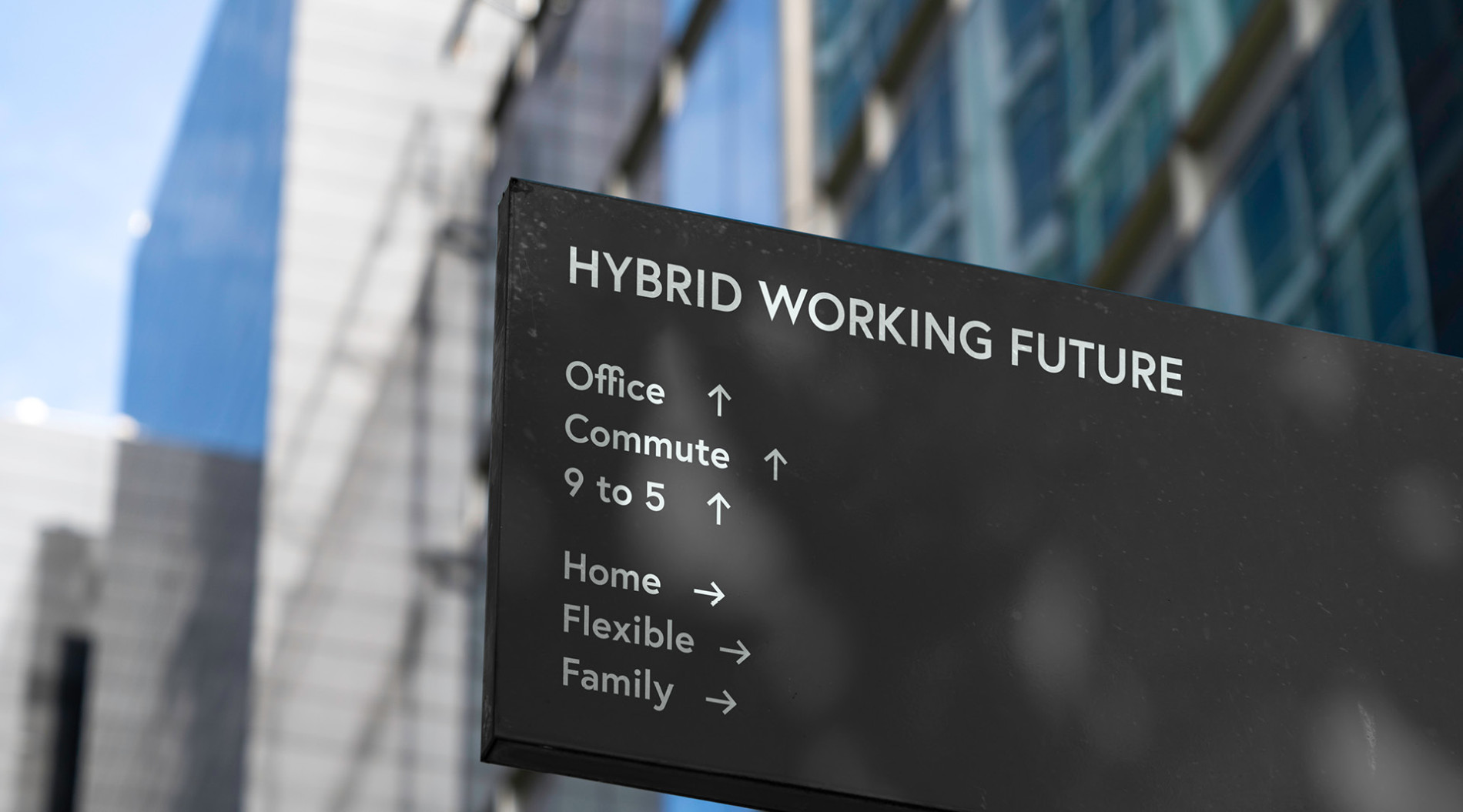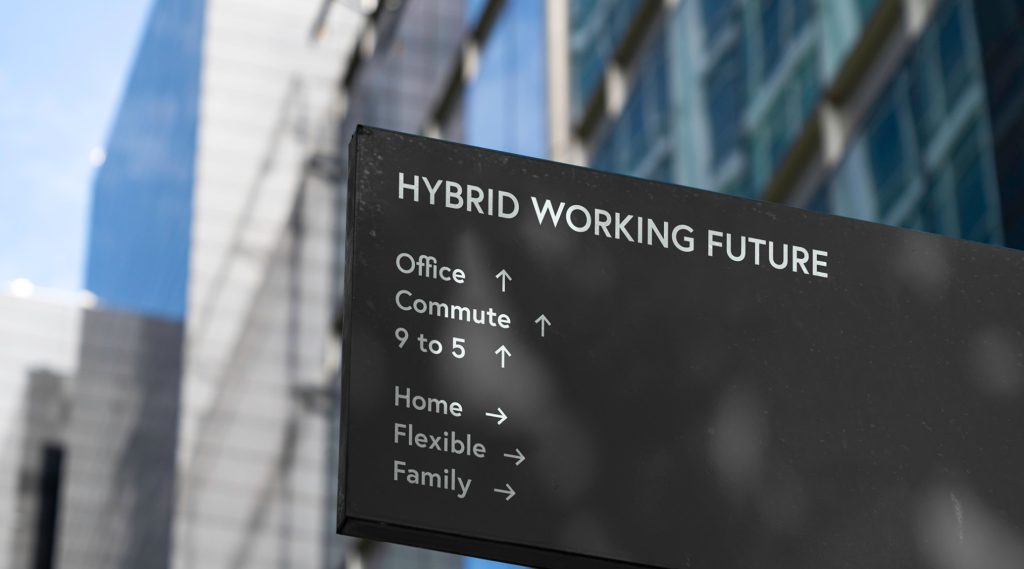5 Tips For a Productive Performance Review
Whatever your job, it’s likely you have gone through a performance review at some point in your career. For many employees, this is either something to dread or just another box to be checked before you carry on with your work. But you can use reviews to your advantage and improve your employee experience.
Here’s how to ensure you ace your next performance review.
Set yourself up for success
Before you take part in your review, it’s essential to get ready. As with nearly everything in life, preparation is the key.
Assess your strengths and weaknesses
Use the time leading up to the review to reflect on how you’re doing in your job. Think about areas you feel confident in, and what needs work. It’s important to stay objective; making a clear list of your strengths and weaknesses will help you identify what you need to focus on during the review. This will prepare you for any negative points that your manager may bring up, so you don’t react defensively in the moment. It also highlights what you deserve recognition for.
Discuss any issues in the moment
Don’t wait until your next review to bring up problems. It’s far more effective to discuss these when they occur. Firstly, it’s likely that the issue can be resolved in the moment and you can move on before the review even takes place. Secondly, you avoid blindsiding your manager, which would impact the review negatively. If they are aware of any concerns going into the meeting, they can deal with them effectively. Remember, it’s a two-way street – just as you deserve open communication from your manager, they deserve the same from you.
Set out your goals
All good performance reviews involve discussing your career path and personal development goals. This benefits you, as it gives you a chance to plan training and talk about your future in the company. Ahead of your meeting, consider what you want to achieve going forward. Is there a skill that would take you to the next step in your career? Is there a position you’re aiming for? Have an idea of goals prior to the review, then you can discuss your career path productively.
Making the review work for you
Now that you’ve taken the steps ahead of time to prepare, you can now follow these tips to make sure the performance review is a success.
Practice active listening
Treat this meeting as a conversation. With any decent conversation, there needs to be true engagement from both sides. For this to happen, you need to truly listen to what is being said, whether it’s negative or positive. Otherwise, there’s no point in having the review at all. Pay attention to what your manager is saying, maintain eye contact, and ask follow-up questions about points they have made.
Focus on all feedback
It’s common during a performance review to either dwell on the negatives or ride high on the positives. But by only paying attention to one part of the review – be it good or bad – you do yourself a disservice. Take in every piece of feedback. This way, you will gain insight on what needs work and where your strengths lie. From there, you can create a clear roadmap of steps to take post-review.
Don’t get defensive
It’s natural to want to defend yourself when you hear negative feedback. But before launching into excuses or justifications, remember to do that all-important active listening. This is a professional discussion, not a personal attack. Wait to respond and ask follow-up questions until after your manager has finished making their point. Also, by preparing, you may be able to forecast this feedback. In this case, make sure you have evidence for when you need to explain a situation. Take any negative feedback as a valuable opportunity to do better going forward.
Be open and transparent
There have been numerous changes over the past year which have disrupted the way we work. Now more than ever, it’s important to let your manager know if you are struggling. Whether it’s a personal issue or a workplace problem, communicate with your manager. It’s not necessary to go into detail if you don’t feel comfortable, but simply flagging an issue allows them to develop a better understanding of you. Moreover, they’ll likely be able to offer valuable advice to help you through the situation.
Collaborate on goals
Effective performance reviews are collaborative and productive. By the end of it both you and your manager should be on the same page and understand your current performance, as well as a clear vision of how you can progress. This is your chance to align goals, iron out any issues, and work on creating a career path for the future.
With careful preparation, self-awareness, and an objective approach, there’s no need to dread your performance review. By following our tips, you can be sure that your next review sets you up for future success.











